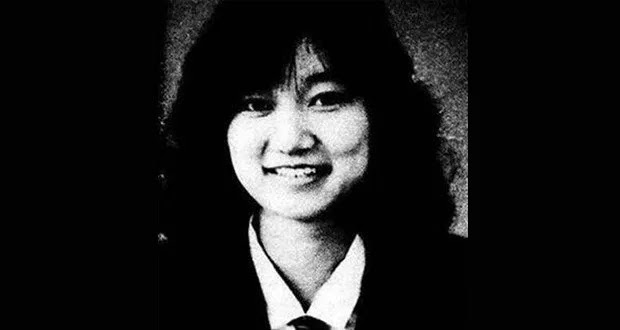adolescents in love
Friends from our childhood or adolescenceare special, no matter how much time has elapsed between visits. These compelling connections are the result of shared roots during the formative years. Our childhood friends and teenage sweethearts experienced with us all the wonderful, horrible, boring, and embarrassing moments that helped to make us who we are today.
Yet, when children are young, parents may regard these relationships as insignificant. If the family must move to a new community and the children's close friends must be left behind, so what? They will make new friends, the parents assure them. But, is a friend as interchangeable as a new toy for an old one, or is there more to friendship than that? Why are we so elated to rediscover long lost friends in our adult years if, as some parents believe, they were so dispensable to us as children?
Even more belittled by many parents is a teenager's (or preteen's) love for a boyfriend or girlfriend. Adults refer to these relationships with demeaning language, calling them "just puppy love," and these romantic bonds are not taken seriously. Parents question the ability of teenagers to know what love is, yet they accept their teenagers' statements, "I love you, Mom & Dad," with full appreciation and at face value. If adults accept that teenagers can love parents truly, then shouldn't they also accept that teen romances are "real" love?
Recreational dating is relatively new. Teenagers many years ago married their first sweethearts right out of high school. These men and women of the World War II Generation married at younger ages than their Baby Boomer children or their Generation X or Millennial grandchildren. But education has become prolonged, so marriage is later.
The age of puberty, however, has dropped. Whatever the reasons for this, reaching puberty influences the age of first love and first sexual experience. It is rare now to marry a first love. Today's teenagers date not for mate selection but for fun. However, the first love experience is no less powerful than it was in the 1940's.
Adults who underestimate the strength of the bond-- or the impact of the loss -- of a first love may have forgotten what a blow it was when they lost their own first loves. They may even try to comfort teenagers with lighthearted lessons: a surprising number of men and women wrote to me to bitterly complain about parents who joked years ago, "Don't worry! Boyfriends/girlfriends are like buses... a new one comes along every ten minutes!" This was not helpful, and it was not funny. The loss of a first love can be so crushing to some teenagers that they become suicidal.
The pain of the breakup will subside with time, but the love may stay buried and dormant for decades. While most men and women find satisfying partners after first love breakups, there are adults who spend their married years aware that "something is missing." They continue to think about their lost first loves. Perhaps if they had married their first loves when they were younger, they tell me, they could have formed lasting and fulfilling marriages, but they will never know. These romances were interrupted - often by their parents' interference.
In my recent survey of 1600 people (who had never tried a reunion with a lost love), ages 18 to 92, 56% of the participants said they would not want to go back to their first loves, 19% were not sure -- but 25% said they would!
Even the adults who had no current interest in their first loves, including those who had only bitter memories, revealed that these early romances influenced their life-long attitudes about love, and even about themselves.
The longer I study lost loves and lost love reunions, the clearer it becomes to me how important young love really is. First love, young love, is indeed real love. This intense love does not come along every ten minutes. For some people, it may come only once in a lifetime.


Comments